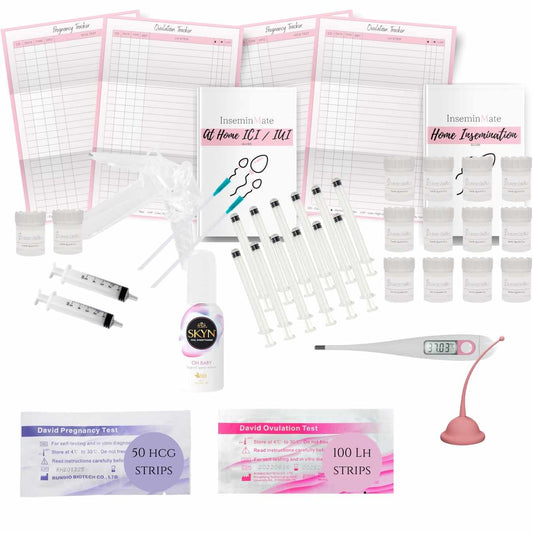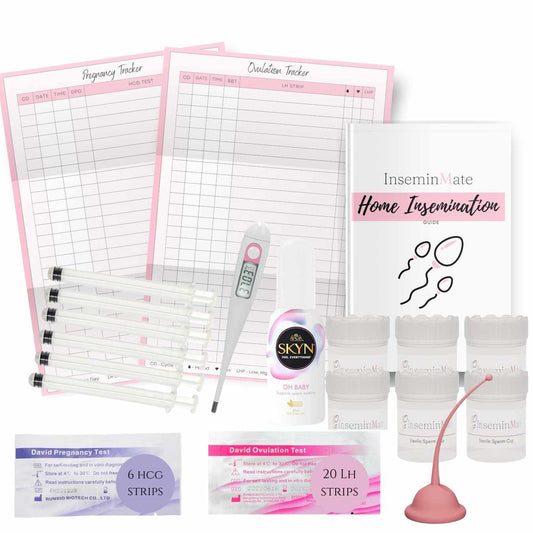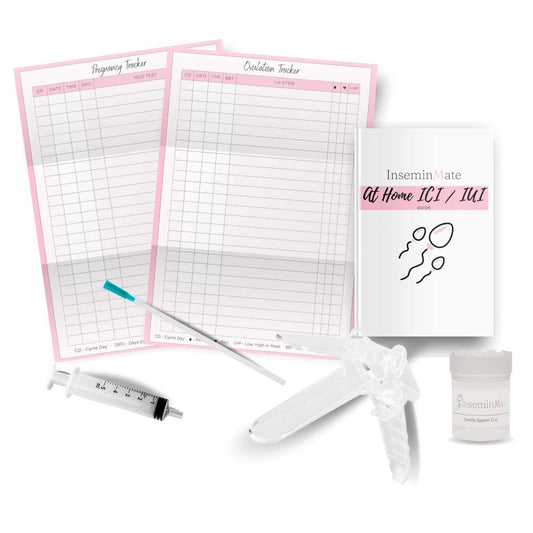Congratulations! You've made it to 33 weeks of pregnancy. At this point, your baby is the size of a pineapple and weighs about four pounds. As your due date approaches, you may experience a range of symptoms, some of which are new and some of which have been with you throughout your pregnancy. Here are some of the common symptoms you might experience at 33 weeks pregnant:
-
Braxton Hicks Contractions At 33 weeks, you may start to experience Braxton Hicks contractions, which are painless contractions that help prepare your body for labor. These contractions are irregular, but they may feel like menstrual cramps or a tightening sensation in your abdomen. If you experience painful or regular contractions, contact your healthcare provider immediately.
-
Increased Discomfort As your baby grows, you may feel increased discomfort in your back, hips, and pelvis. You may also experience more pressure on your bladder and bowels, which can cause more frequent trips to the bathroom.
-
Fatigue and Insomnia Many pregnant women experience fatigue and difficulty sleeping at night, particularly in the third trimester. Try to get as much rest as possible and avoid caffeine and other stimulants that can interfere with sleep.
-
Swelling At 33 weeks, you may notice more swelling in your hands, feet, and ankles. This is a normal part of pregnancy, but if the swelling is sudden or severe, contact your healthcare provider as it could be a sign of a more serious condition.
-
Shortness of Breath As your uterus grows, it can push up against your diaphragm, making it harder to breathe. You may also experience shortness of breath if your baby is pressing against your lungs. If you feel like you can't catch your breath, contact your healthcare provider.
-
Heartburn As your uterus expands, it can put pressure on your stomach and cause heartburn. Try eating smaller, more frequent meals and avoid spicy or acidic foods that can trigger heartburn.
-
Increased Vaginal Discharge At 33 weeks, you may notice an increase in vaginal discharge. This is normal, but if the discharge is accompanied by itching, burning, or a foul odor, contact your healthcare provider as it could be a sign of an infection.
Remember, every pregnancy is different, and you may not experience all of these symptoms. If you have any concerns about your symptoms or your pregnancy, don't hesitate to contact your healthcare provider. As you approach your due date, make sure you're taking good care of yourself and getting plenty of rest. You're in the home stretch!




